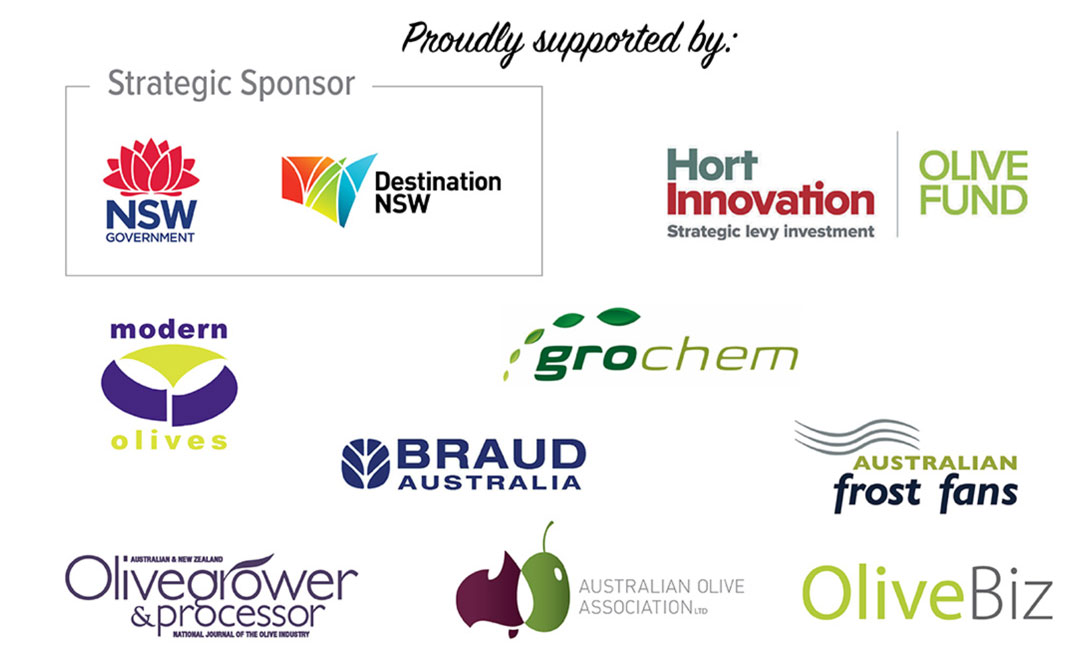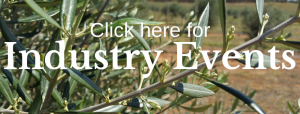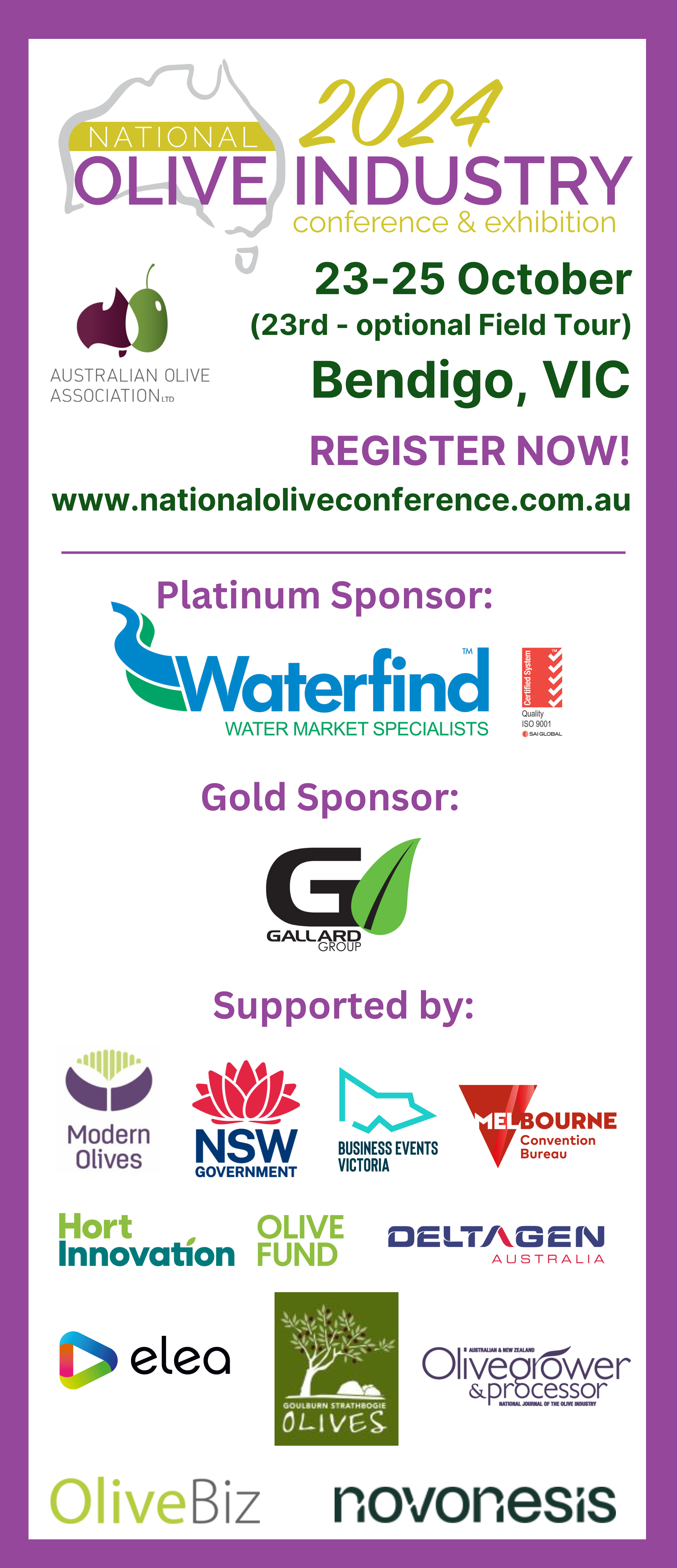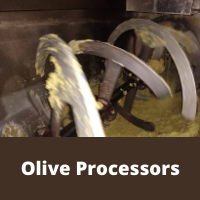
One of the highlights of this year’s National Olive Industry Conference is the Friday afternoon field visit to the National Environment Centre, a specialist TAFE College housing the Green Gate Organic teaching farm.
Established in 1989, the 190 hectare certified organic farm is run on agro-ecological principles and demonstrates sustainable, healthy and local food production. The farm provides produce for the local and surrounding community of the Albury Wodonga region, including organic lamb, olives, vegetables, firewood, pasture raised pork, honey, mushrooms and eggs from free grazing chooks.
Head teacher Rob Fenton said delegates will be introduced to the differences in the approach to olive production at the farm.
“The farm is about integrated systems, so here it’s about how olives can fit in with other farm income generation,” he said.
“It’s looking at ‘my olives need to live within this space, and what else could I also do within that space to make a more complex system – and importantly, to level out my income throughout that year’.”
Olive production at Green Gate Organic
Olives are a well suited crop to grow in the farm’s bio-region and the trees require minimal off-farm inputs. The grove comprises several hundred trees planted nearly 20 years ago, mainly dual-purpose varieties along with several high oil producing varieties.
The olives were planted on contour parallel to swales either side of the farm’s major access laneway. When it rains the swales fill, slowing down run-off and passively watering the olive trees.
During harvest the farm’s pigs roam the grove. Fallen fruit provides a good nutrient source, with the added bonus of more flavoursome meat from the oleic acid. Sheep also move through the grove, foraging on the olive leaves.
Theory and practice
Fenton said the field visit will include both theory and a chance to see how the sustainable farming model works in practice.
“We’ll go for a walk and look at the farm system, and also look more specifically at the principles and practices behind its design,” he said.
“We’ll take a good look at the basic science of agro-ecology, which is what we teach on the farm, using the knowledge of eco-systems to develop and manage food production systems. It’s about integrating business and the environment, and working out ways that people can be paid for that, because if farmers could get paid for the eco-services they provide it would change the planet. Carbon farming is one example of that.
“And we get paid well for the ecosystem services that Green Gate Organic farm provides, so we can afford to set up half our farm for the local wildlife. We set the price for the food, sell it in the marketplace and get that price every time. Our customers are willing to pay a bit more for their food because of the work we’re doing for the local environment.”
Don’t miss the chance to learn about sustainable food production – and so much more to improve your business – at this year’s premier olive industry gathering. Registrations close tomorrow, so reserve your place now.
The National Olive Conference & Trade Exhibition is facilitated through the Hort Innovation Olive Fund. It is partially funded by Hort Innovation using the olive R&D levy, with in-kind contributions from the Australian Olive Association and funding from the Australian Government. The event is also supported by Destination NSW and a range of industry sponsors and exhibitors.




